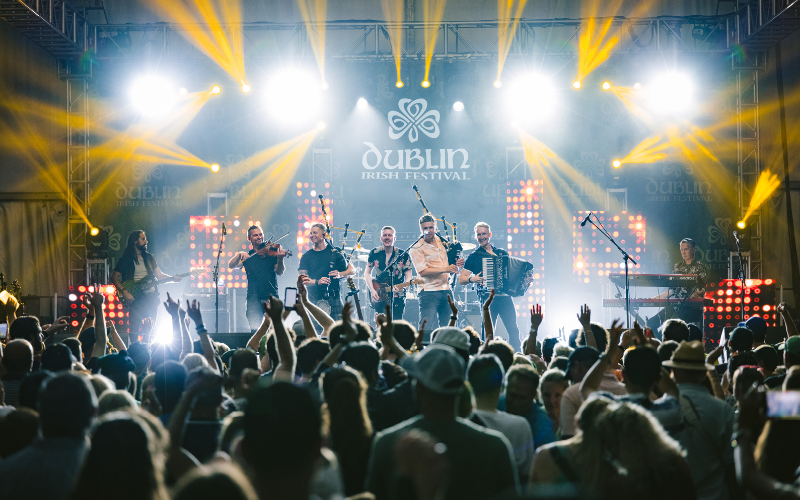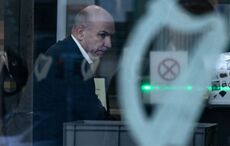Irish New York resident Kevin Moran is a 50-year-old single gay man, who can add a new job description to his already successful resume - father.
Moran didn't adopt, preferring to play a biological role in his children's lives by means of egg donation and surrogacy.
This week the happy father spoke to the Irish Times, as he cradled eight-week-old son Ari as his fraternal twin Beau sat close by, in the safe hands of his live-in nanny.
Moran, who lives on the Upper West Side, plans return to work shortly, after much needed paternity leave. Meanwhile he is still settling the boys into their routines and finding his own equilibrium after two unexpectedly dramatic months.
The boys’ birth took Moran on a two-year journey, reportedly bringing him unparalleled joy, frustration and, as he puts it, 'a few meltdowns' in the shape of medical emergency.
But how did a successful gay man in his fifth decade make the decision to become a dad?
'A friend asked me to be her 'baby daddy' a few years back,' Moran reveals. 'Ultimately I said no, because our friendship was not strong enough to sustain being joint parents, but it really got me thinking.'
Moran decided he wanted to be not just a father but a dad. He realized he was prepared, emotionally and financially, to have a family as a single parent. The only question that remained was how best to do it.
In most nations to date being the genetic parent of a child does not automatically mean that one is its legal parent. That is because law is still playing catchup to science and culture.
Moran reportedly engaged an LA-based surrogacy agency, Growing Generations, dedicated to building 'families of choice' among a worldwide, chiefly gay clientele.
Opting for surrogacy is a costly process. Moran reckons the cost can range from $125,000-$200,00, depending on circumstances.
The woman who ultimately gave birth to Ari and Beau was a 34-year-old mother-of-three from Texas, who had already been a surrogate mother for a gay French couple.
There were complications early on. The first two embryos implanted did not survive. The second two embryos planted both prospered. They happened to be male.
The twins were born in Texas by Caesarean section. Moran, unable to be present because of airport delays, describes experiencing an overwhelming sense of joy on their arrival.
'It is the best single thing I’ve ever done.'
Further complications awaited, however. The twins had inherited Factor XIII Deficiency, a rare form of haemophilia, as a result of both Moran and his chosen egg donor being recessive carriers of the gene.
On average, there is one case per year in the US. The discovery involved emergency room visits with a bleeding infant. It also involved an emotional toll.
But now, weeks later, a routine is emerging that has put everything back on an even keel. The twins are expected to thrive and lead a full normal life, even if it involves infusions of a blood clotting agent every three weeks.
'We are lucky,' says Moran. 'It could have been much worse.'
And what of becoming a parent at 50? Does that make him second guess himself?
'In five years I expect to semi-retire, so I’ll be there to walk the boys to school. Many dads have kids at a time in their lives when work commitments are demanding and time is squeezed. My being older will have its advantages.'




Comments